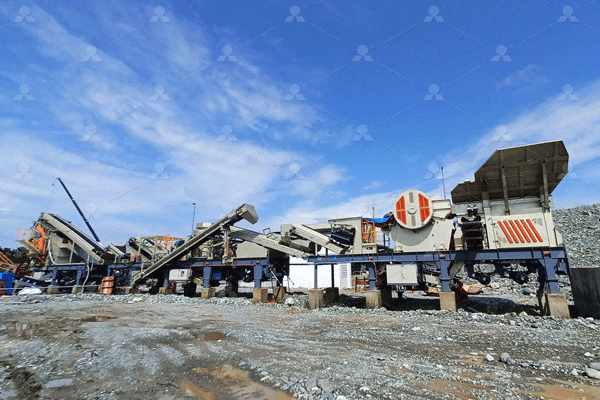Mini Crusher Used for Construction Waste Recycling in the Middle East
Introduction to Construction Waste Challenges in the Middle East
The Middle East has experienced rapid urbanization and infrastructure development, leading to a significant increase in construction waste. Traditional disposal methods, such as landfilling, are no longer sustainable due to limited space and environmental concerns. Recycling construction waste has become essential, and mini crushers offer an efficient solution. These compact machines are ideal for processing concrete, bricks, and asphalt into reusable materials, reducing both costs and environmental impact.
Advantages of Mini Crushers for Recycling
Mini crushers provide several benefits for construction waste recycling in the Middle East. Their small size allows easy transportation between job sites, making them ideal for urban areas with limited space. They consume less fuel compared to larger crushers, lowering operational costs. Additionally, their ability to crush materials on-site reduces transportation expenses and carbon emissions. The recycled aggregates produced can be reused in new construction projects, promoting a circular economy while conserving natural resources.
Key Features of Mini Crushers for Efficient Operation
Modern mini crushers are designed with features that enhance efficiency and durability in harsh Middle Eastern conditions. Many models include adjustable jaws or impact plates to produce different aggregate sizes. Some feature hydraulic systems for quick maintenance and reduced downtime. Dust suppression systems help comply with environmental regulations, while noise reduction technology makes them suitable for urban areas. Robust construction ensures reliability even when processing tough materials like reinforced concrete.
Applications of Recycled Materials from Mini Crushers
The crushed materials from mini crushers have multiple applications in construction projects across the Middle East. Recycled concrete can be used as a base layer for roads or as fill material in foundations. Crushed bricks serve as drainage material or sub-base for pavements. Asphalt rubble can be reprocessed into new asphalt mixes, reducing the need for virgin materials. By reusing these materials, contractors lower project costs while supporting sustainable building practices.
Challenges and Solutions in Implementing Mini Crushers
Despite their benefits, adopting mini crushers faces challenges in the Middle East. High initial investment costs may deter small contractors, though long-term savings justify the expense. Limited awareness about recycling benefits also slows adoption; education campaigns can help change perceptions. Maintenance requirements must be addressed through proper training and access to spare parts. Governments can encourage adoption by offering incentives or enforcing stricter waste management regulations. 
Future Trends in Construction Waste Recycling
The future of construction waste recycling in the Middle East looks promising as sustainability gains importance. Advances in crushing technology will likely improve efficiency and automation, reducing labor costs. Solar-powered mini crushers could emerge as an eco-friendly alternative in sunny regions like the Gulf. Increased collaboration between governments and private sectors will drive policy changes supporting recycling initiatives. As awareness grows, more contractors will adopt mini crushers to meet both economic and environmental goals. 
Conclusion
Mini crushers play a crucial role in transforming construction waste into valuable resources across the Middle East. Their compact design, cost-effectiveness, and versatility make them an ideal choice for sustainable demolition and recycling projects. While challenges exist, continued innovation and policy support will further enhance their adoption—helping the region move toward a greener future in construction practices.
